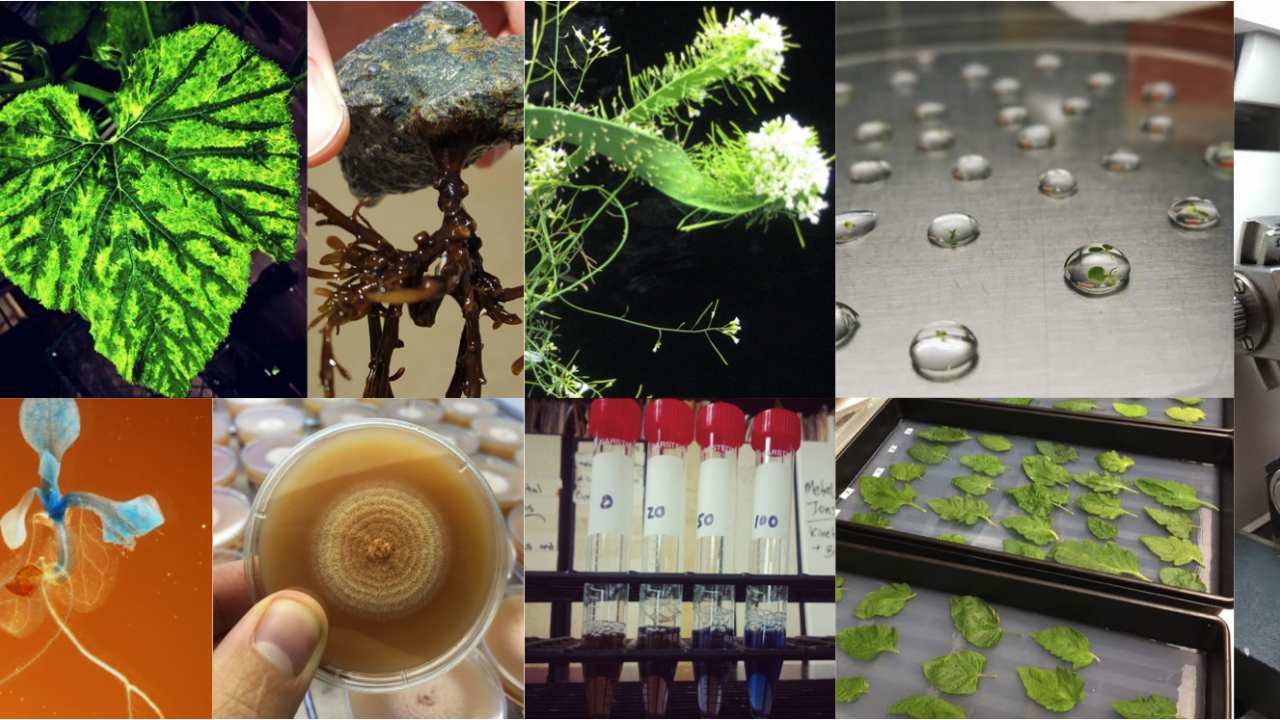
January Newsletter
January Newsletter
This new year brings many new events and opportunities! Read on to find out more, and please share widely with your networks.

January Science Art Contest
Do you love creating art and communicating science? Submit your piece to our science contest running through January! Submissions are due by January 29, 2021.
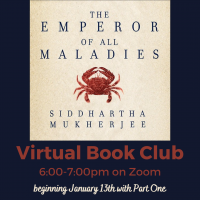
Science Book Club
We're returning with The Emperor of All Maladies for our winter-spring book club hosted by Lindsey Mooney and Andi DeRogitas. We're meeting every three weeks, starting January 13th at 6:00pm. For more information and to sign up for the email notifications, check out the link below.
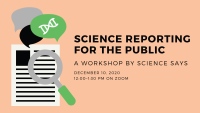
Recap: Science Reporting workshop
Missed our December workshop? Check out this recap of what we covered in "Science Reporting for the Public" hosted by Lindsey Mooney.
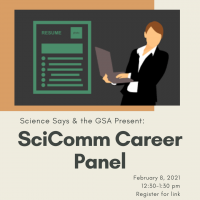
February: SciComm Career Panel
On February 8th from 12:30-1:30pm via Zoom, we will be hosting a SciComm Career panel in association with the UCD Graduate Student Association. We will be featuring speakers from policy, digital media and academic career paths.
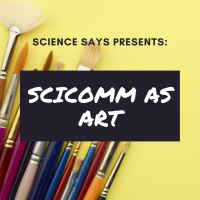
February: The Intersection of Science and Art
To follow up our science art contest, we're hosting an event covering the unique intersection of science and art in communication. Details coming soon.
Sharing SciComm Projects
Do you have a cool science communication project you'd like to share? Are you interested in trying blog writing? Email us at davissciencesays@gmail.com
What A Bird Needs
Taking a shot at better chances of survival, songbirds encounter stress. Long-distance migration is one of these stressful survival mechanisms. When birds are stressed, their bodies begin to produce hormones (glucocorticoids) which are meant to help the birds cope with stressors. But they become problematic when produced for too long. So how do these birds handle this stress on the fly?
Best Practices for Reporting Science to the Public
The average person interacts with science through news outlets, yet science is constantly evolving with every new paper’s results. Often, results are sensationalized to grab the attention of readers instead of honestly reporting the material. So how do we, as scientists, report science responsibly and effectively?
Citizen Science Project
Want to participate in a citizen science project? If you're in the Tahoe area during winter storms, keep your eyes on the sky and report whether it is raining, snowing, or a wintry mix. It is especially helpful if you can record when rain changes to snow, or snow changes back to rain.
With your observations, Tahoe Rain or Snow is working on better estimating how much water falls on the Sierra Nevada during winter. This is difficult with current satellite technology, especially in the mountains, so they need observations from all over the region.
To sign up, text WINTER to 855-909-0798.
Resources, Opportunities and Virtual Events
Let us know if you hear about any resources or opportunities that our group may be interested in! davissciencesays@gmail.com
California Council on Science and Technology (CCST) Policy Fellowship
CCST is seeking PhD scientists and engineers for a year of public service and government leadership training in the California State Legislature and California state agencies. The CCST Science Fellows program trains scientific thinkers to be policy-savvy, while helping equip California's decision makers with science-savvy staff. This fellowship is open to those holding a PhD or equivalent degree in science, engineering, or social science fields such as economics, sociology, or psychology.
Application deadline is March 1, 2021
Fellowship: November 1, 2021 - October 31, 2022
PAID SciComm Internships
Check out this thread on Twitter for a list of fantastic upcoming scicomm internships in 2021.
FREE Science Writing Course
This free online course from the University of Leeds covers many types of science writing as well as how to give successful interviews and gather accurate information for your piece.

Comments